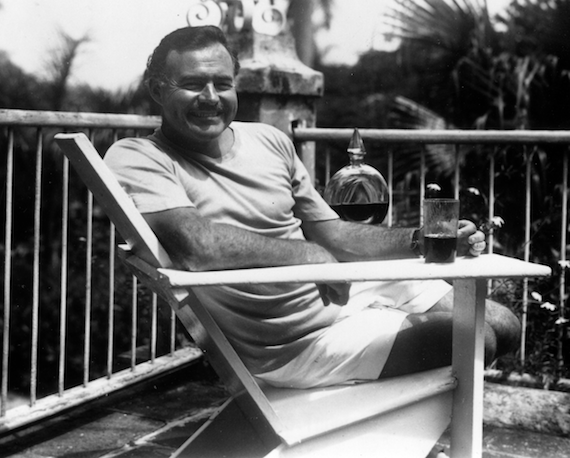Tim Weed | Source | Featured Expert: National Geographic Expeditions at National Geographic

Tim Weed
Tim Weed is the author of three books of fiction. His story collection, A Field Guide to Murder & Fly Fishing, was named to the Eric Hoffer Book Award Grand Prize Shortlist, and his first novel, Will Poole’s Island, was one of Bank Street College of Education’s Best Books of the Year. He’s a two-time winner of the Writer’s Digest Annual Fiction Awards and has been shortlisted for the Tobias Wolff Award for Fiction, the Fish International Short Story Award, the William Faulkner-William Wisdom Award for a Novel-in-Progress, the Tucson Festival of Books Literary Awards, the New Rivers Many Voices Project, and many others. His essays and articles have appeared in Literary Hub, The Millions, The Writer’s Chronicle, Talking Points Memo, and elsewhere. His new novel, The Afterlife Project, finalist for the Prism Prize in Climate Fiction, will be released by Podium Entertainment in print, audio, and ebook on June 3, 2025.
Tim serves on the core faculty of the Newport MFA in Creative Writing and is the co-founder of the Cuba Writers Program. A former featured expert for National Geographic Expeditions, he spent the first part of his career directing international educational programs throughout Latin America and in Spain, Portugal, Australia, Iceland, and other locations around the globe. He holds a BA in Spanish from Middlebury College, a master’s in international affairs from the University of California, and an MFA in Creative Writing from Warren Wilson College. Based in southern Vermont, Tim is a member of the Vermont Humanities Council Speakers’ Bureau and the Science Fiction & Fantasy Writers Association. He frequently appears at literary conferences in the U.S. and abroad.
-
Author
-
Regina Salve University (https://salve.edu/graduate-and-professional-studies/mfa-creative-writing)
Core Faculty - The Newport MFA in Creative Writing -
GrubStreet Center for Creative Writing (https://grubstreet.org/about/center-for-creative-writing)
Instructor
-
Chasing Hemingway’s Ghost in Havana
In Havana, the spirit of Hemingway endures, much like the architecture of the city itself, a fading reminder of what was and what might have been.
Article -
The Half-Wild Muse: On Writers and Their Cats
Domestic cats can be disturbing to those who don’t know them. Such people usually call themselves “dog people,” but in reality they’re just afraid. I can relate to this. Cat-lovers posting distract…
Article -
Tim Weed Tackles Deadheads, Avalanches And Fly Fishing In New Short Story Collection
Two young boys learn about death and mercy on a camping trip, a fishing guide contemplates and crosses a dark line during an excursion with a rich,…
Podcast
-
"As a reader of historical fiction, I’m looking for something bigger than a simple reconstruction of history. I’m looking to experience a new world, to enter a new and de-familiarized version of the past. I’m looking for an immersive story that brings interesting characters to life while simultaneously capturing something essential, not only about the historical setting, but also about the deeper truths of human existence. The fact is that any contemporary historical novel must to some extent reflect contemporary values and preoccupations, and setting a book in the distant past can give us a uniquely clear-eyed perspective on the present." - Tim Weed for LitHub
-
"In Havana, Ernest Hemingway’s restless ghost lingers more palpably than in any of the other places in the world that can legitimately claim him: Paris, Madrid, Sun Valley, Key West. Havana was his principal home for more than three decades, and its physical aspect has changed very little since he left it, for the last time, in the spring of 1960."
- Tim Weed in The Millions


